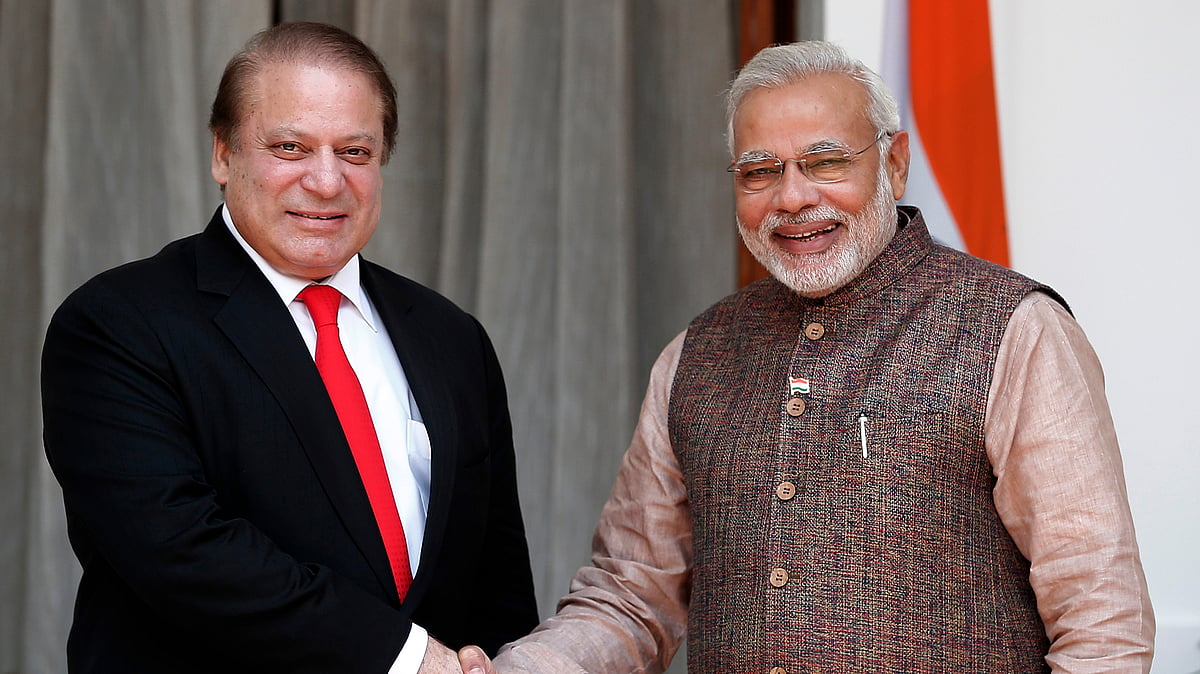Vienna Convention? What’s With All This Indo-Pak Diplomatese?
And what does ‘persona non grata’ mean anyway?

advertisement
Indian security agencies arrested a Pakistani High Commission staffer on Thursday on allegations of espionage. The charges are that he was found to be in possession of defence-related documents. Soon after the arrest, however, he was released, declared persona non grata, and informed that he must leave India within 48 hours. Pakistan, on its part, denied all charges and called them “false and unsubstantiated”. It also accused India of having manhandled the staffer and violating the Vienna Convention.
But what is the Vienna Convention?
It’s a treaty that came into force in 1964, which lays out the rules and regulations for diplomatic relations between countries as well as the various privileges that diplomats and diplomatic missions enjoy. One of these privileges is legal immunity for diplomats so that they don’t have to face prosecution as per their host country’s laws.
Wait, why do diplomats get exemption from the law?
Diplomats aren’t exempt from the law. They can be prosecuted for an offense in their home country according to its legal systems. Also, in certain situations, especially if the offense is extremely grave, the host country can also choose to waive diplomatic immunity. But diplomats and missions are exempt from the host country’s laws so that they can freely carry out their duties in the interest of their own nations, without fear of retaliation from the host country. The principle is similar to the idea of not hurting a guest in one’s house as part of the hospitality extended to them.
So, India can’t do anything even it’s sure a crime has taken place?
India can take action and it has – by declaring the suspected spy as persona non grata. The phrase is Latin and means a person who is not welcome, thus, the Pakistan High Commission staffer is no longer welcome in India. This is why he has been given a 48-hour deadline to leave the country. Another incident where India’s hands were tied was when Saudi Arabia’s First Secretary to India Majed Hassan Ashoor was charged with the confinement and rape of two Nepalese women. He had to be allowed to leave the country despite the serious allegations against him.
So HAS India violated the Vienna Convention?
India insists that it has in no way violated the convention. Vikas Swarup, the Ministry of External Affairs spokesperson, has said that the Pakistan High Commission staffer was not manhandled as Pakistan has alleged. Swarup has clarified that the accused was “treated with the courtesy befitting his diplomatic status.”
How has Pakistan reacted?
Pakistan, along with rejecting all charges against its national, has declared an official of the Indian High Commission in Islamabad as persona non grata and given him the same 48-hour deadline to leave the country.
Amid tense relations between the two neighbours, this diplomatic posturing may be unsettling but it also marks the fact that diplomatic channels have not been severed. That, in itself, is a good sign, especially the fact that even in their responses, both countries are attempting to adhere to international law.
(At The Quint, we question everything. Play an active role in shaping our journalism by becoming a member today.)